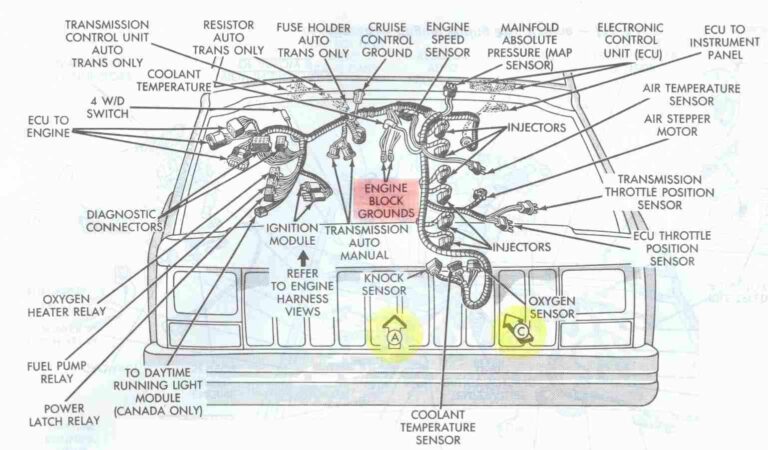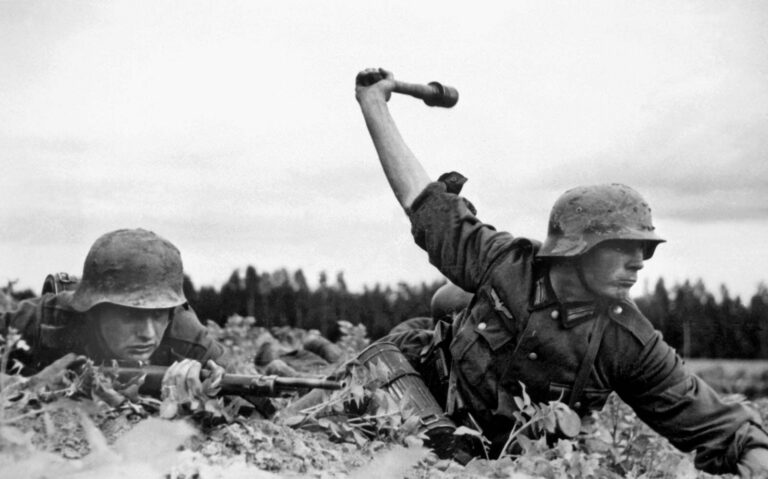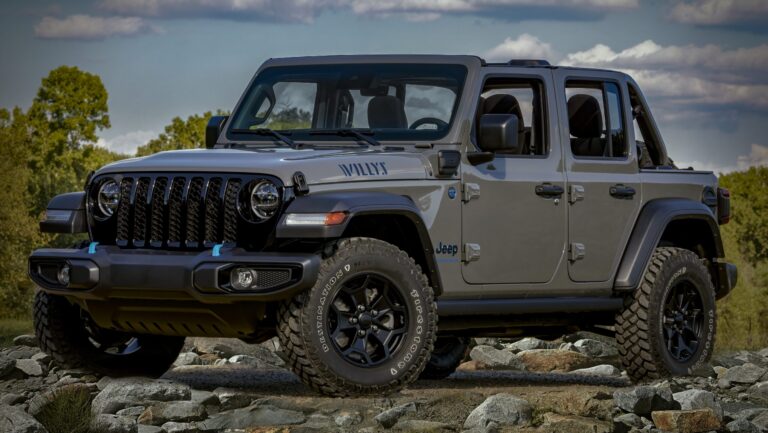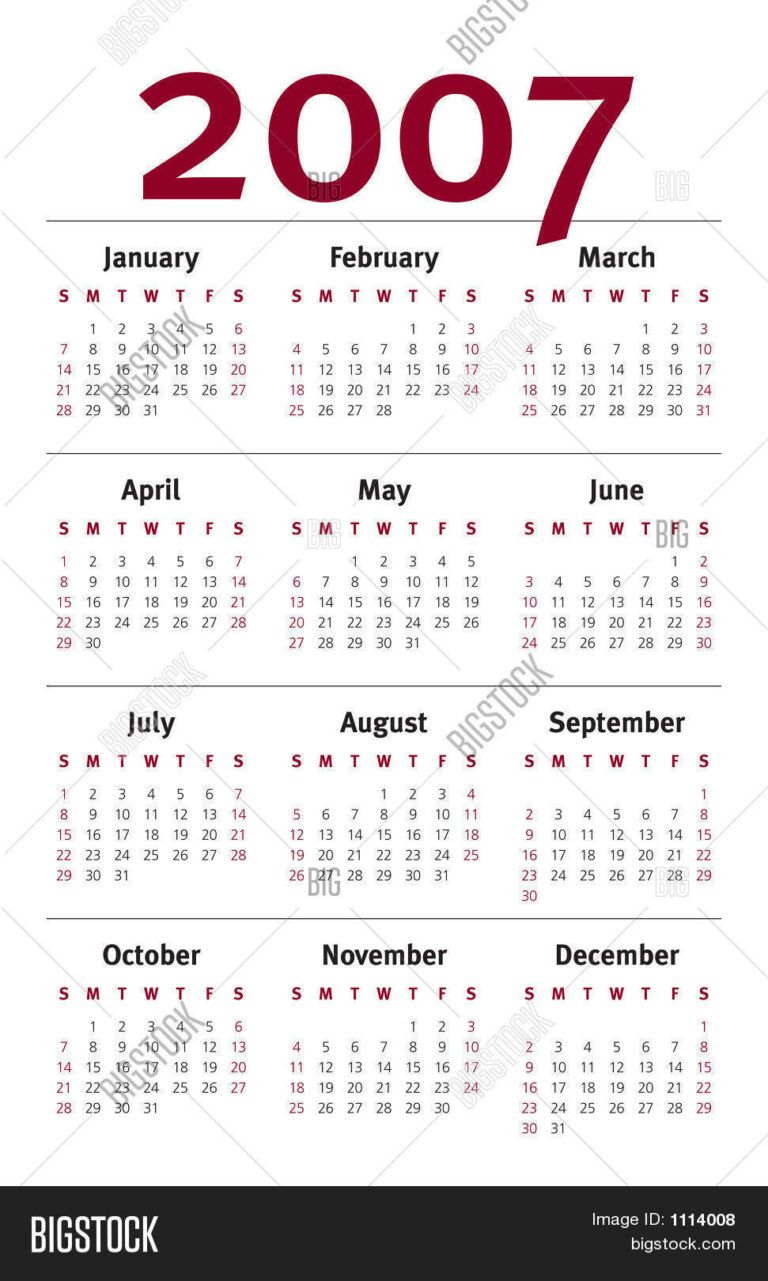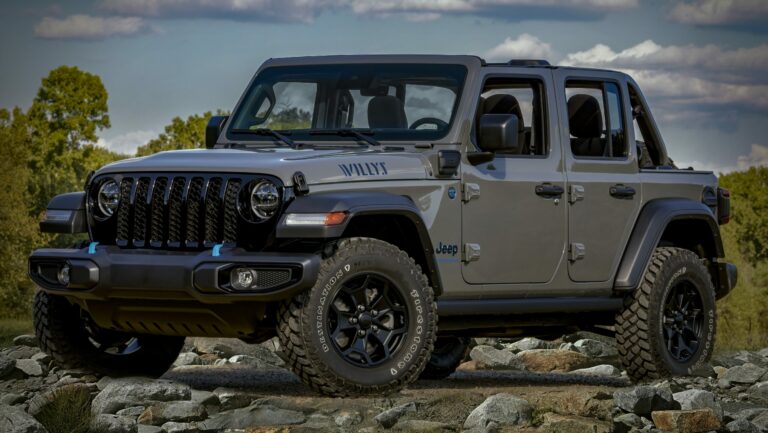Jeep CJ7 Wheels For Sale: A Comprehensive Guide to Upgrading Your Iconic Off-Roader
Jeep CJ7 Wheels For Sale: A Comprehensive Guide to Upgrading Your Iconic Off-Roader /jeeps.truckstrend.com
The Jeep CJ7, an icon of American off-roading, holds a special place in the hearts of enthusiasts worldwide. From its rugged simplicity to its unmistakable silhouette, the CJ7 embodies the spirit of adventure. Central to its character, performance, and aesthetic appeal are its wheels. Whether you’re restoring a classic to its original glory, enhancing its off-road prowess, or simply replacing worn-out components, finding the right Jeep CJ7 wheels for sale is a crucial undertaking. This comprehensive guide will navigate you through everything you need to know, from understanding specifications to finding the perfect set, ensuring your CJ7 stands tall and performs optimally for years to come.
Why Upgrade or Replace Your CJ7 Wheels?
Jeep CJ7 Wheels For Sale: A Comprehensive Guide to Upgrading Your Iconic Off-Roader
The decision to seek out new wheels for your CJ7 can stem from various motivations, each with its own benefits:
- Aesthetic Enhancement: Wheels are arguably the most impactful visual modification you can make to your vehicle. A fresh set can dramatically transform your CJ7’s appearance, giving it a more aggressive, classic, or customized look.
- Performance Improvement: Different wheel materials and designs offer distinct performance advantages. Lighter alloy wheels can reduce unsprung weight, improving handling and fuel economy, while robust steel wheels are preferred for heavy-duty off-roading due to their durability and ease of repair.
- Accommodating Larger Tires: Many CJ7 owners opt for larger tires for increased ground clearance and off-road traction. This often necessitates wheels with specific diameters, widths, and backspacing to prevent rubbing and ensure proper fitment.
- Damage or Wear: Over decades of use, original wheels can suffer from rust, bends, cracks, or general wear and tear, compromising safety and aesthetics. Replacing them becomes a necessity for both form and function.
- Restoration Projects: For purists, finding period-correct or original equipment manufacturer (OEM) wheels is paramount to achieving an authentic restoration, preserving the CJ7’s historical integrity.

Understanding CJ7 Wheel Specifications: The Foundation of Fitment
Before diving into the market, it’s vital to understand the key specifications that dictate whether a wheel will fit your CJ7. Incorrect fitment can lead to rubbing, premature wear on components, and even dangerous driving conditions.
- Bolt Pattern (PCD – Pitch Circle Diameter): This is the most critical specification. The Jeep CJ7 universally uses a 5×5.5" (or 5×139.7mm) bolt pattern. This means there are five lug holes, and the circle on which they are arranged has a diameter of 5.5 inches (or 139.7 millimeters). Do not compromise on this; wheels with a different bolt pattern will not fit without adapters, which can introduce other complexities.
- Diameter: Common CJ7 wheel diameters include 15 inches (the most common OEM size), 16 inches, and 17 inches. The wheel diameter must be compatible with your chosen tire’s inner diameter. Larger diameters often allow for bigger brakes and lower profile tires, while smaller diameters provide more sidewall for off-road articulation.
- Width: Wheel width is typically measured in inches (e.g., 7", 8", 10"). It’s crucial that the wheel width is appropriate for the tire you intend to mount. Tire manufacturers specify a range of acceptable wheel widths for each tire size. Too narrow or too wide a wheel for a given tire can lead to poor handling and premature tire wear.
- Backspacing: Backspacing is the distance from the mounting surface of the wheel (where it bolts to the hub) to the wheel’s inner edge. A lower backspacing number means the wheel will stick out further from the vehicle. For CJ7s, especially when running larger tires, lower backspacing (e.g., 3.75" to 4.5") is often desired to prevent the tire from rubbing against the leaf springs or frame during turns or suspension compression.
- Offset: Offset is the distance from the wheel’s mounting surface to the wheel’s true centerline. Positive offset moves the wheel inward, negative offset pushes it outward. While related to backspacing, backspacing is often easier to measure and understand for practical purposes when fitting wheels.
Types of CJ7 Wheels Available
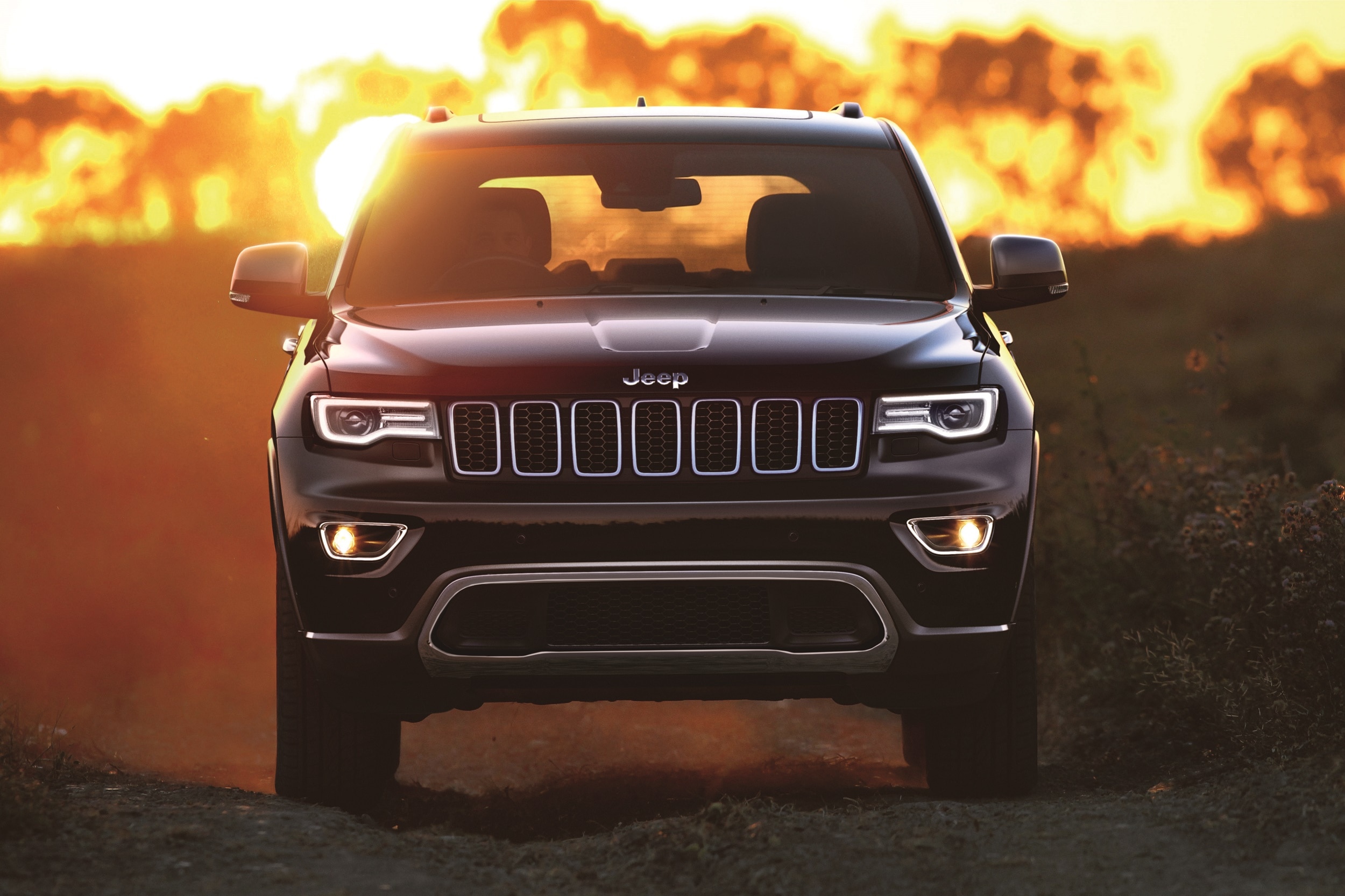
The market for Jeep CJ7 wheels for sale offers a diverse range of options, each with its own characteristics:
- Original/OEM Steel Wheels: These are the classic "wagon wheel" or spoke designs that came on many CJ7s from the factory. They are robust, affordable (especially used), and ideal for restoration projects aiming for an authentic look. They are heavier than alloy wheels but can often be straightened if bent.
- Original/OEM Alloy Wheels: Some later model CJ7s (especially Laredo or similar trims) came with factory aluminum alloy wheels, often in a turbine or spoke design. These are lighter than steel, offer better heat dissipation for brakes, and can be quite desirable for specific restoration projects.
- Aftermarket Steel Wheels: Similar in design to OEM steel wheels (D-window, spoke), but available new from various manufacturers. They offer excellent durability for off-road use and are relatively inexpensive. Common finishes include black, white, or chrome.
- Aftermarket Alloy (Aluminum) Wheels: This category offers the widest variety in terms of style, finish, and size. Alloy wheels are lighter, which can improve handling and fuel economy. They are available in polished, chrome, black, or custom finishes. While durable, they are more prone to cracking or bending under severe off-road impacts compared to steel.
- Beadlock Wheels: Primarily for extreme off-roading, beadlock wheels physically clamp the tire bead to the wheel, preventing the tire from coming off the rim at very low tire pressures. They are typically heavier, more expensive, and often not street-legal in all jurisdictions.
Where to Find Jeep CJ7 Wheels For Sale
The hunt for the perfect set of CJ7 wheels can take you to various places:
- Online Marketplaces: Websites like eBay, Craigslist, and Facebook Marketplace are excellent sources for used OEM and aftermarket wheels. Be prepared to ask for detailed photos and specifications.
- Dedicated Jeep Forums & Social Media Groups: Online communities like Jeepforum.com, Pirate4x4.com, or specific CJ7 owner groups on Facebook often have "for sale" sections where members buy, sell, and trade parts. This is a great place for niche items and expert advice.
- Specialty Off-Road Retailers: Companies like Quadratec, 4 Wheel Parts, Summit Racing, and local off-road shops carry a vast selection of new aftermarket wheels designed for Jeeps. They offer warranties, expert advice, and professional installation.
- Salvage Yards/Junkyards: For those seeking original OEM wheels on a budget, local salvage yards can be a treasure trove. It requires patience and a keen eye to inspect for damage.
- Local Classifieds: Don’t overlook traditional classified ads or local swap meets. You might find a hidden gem from a fellow enthusiast.
Key Considerations When Buying CJ7 Wheels
Once you’ve identified potential candidates, consider these factors before making a purchase:
- Condition: For used wheels, inspect thoroughly for rust (especially around the bead seat), dents, cracks, bends, or excessive curb rash. Minor cosmetic flaws might be acceptable, but structural damage is a deal-breaker.
- Budget: Set a realistic budget. New aftermarket alloy wheels can range from $150 to $500+ per wheel, while used OEM steel wheels might be as low as $50-$100 each.
- Intended Use: Will your CJ7 be a daily driver, a weekend trail rig, or a show vehicle? Your intended use should heavily influence your choice of material and design.
- Tire Compatibility: Ensure the wheels you choose are compatible with the tires you currently have or plan to purchase. Cross-reference tire manufacturer specifications for recommended wheel widths.
- Lug Nuts: Verify if the wheels come with appropriate lug nuts. Different wheel types (e.g., steel vs. alloy) often require specific lug nut styles (conical seat, shank style).
- Matching Set: Ideally, you want a full set of five matching wheels (four for the vehicle, one for the spare) for consistent appearance and proper tire rotation.
Tips for a Successful Purchase
- Do Your Research: Before contacting sellers, know exactly what specifications you need (bolt pattern, diameter, width, desired backspacing).
- Ask Detailed Questions: For used wheels, inquire about their history, any damage, and if they’ve been balanced recently. Request additional photos or even a video if possible.
- Verify Fitment: If unsure, consult online forums or a trusted off-road shop to confirm that your chosen wheel size and backspacing will work with your CJ7’s lift (if any) and tire size.
- Check Seller Reputation: When buying online, look at seller reviews and ratings.
- Inspect in Person: If buying locally, always inspect the wheels in person before handing over any money. Bring a tape measure to verify specifications.
- Negotiate (Respectfully): For used items, there’s often room for negotiation on price.
Installation and Maintenance
Once you have your new wheels, proper installation is paramount. Always use a torque wrench to tighten lug nuts to the manufacturer’s specified torque (consult your CJ7’s service manual or an online resource for the correct value, typically around 80-100 ft-lbs for 5×5.5). Incorrect torque can lead to loose wheels or damaged studs. For safety, always lift the vehicle securely with jack stands.
Maintaining your CJ7 wheels involves regular cleaning, especially after off-roading, to prevent corrosion. Periodically inspect them for damage, and ensure your tires are properly inflated and rotated to prolong both tire and wheel life.
Potential Challenges and Solutions
- Finding Rare OEM Wheels: Patience is key. Monitor online forums and specialty Jeep part dealers regularly. Be prepared to pay a premium for perfectly restored or rare OEM sets.
- Counterfeit or Poor-Quality Aftermarket Wheels: Stick to reputable brands and sellers when buying new. For used, inspect for brand markings and signs of cheap manufacturing.
- Shipping Damage: If ordering online, ensure the seller uses proper packaging and consider shipping insurance. Inspect the package immediately upon arrival and document any damage.
- Non-Matching Sets: If you can only find a partial set, you might need to buy individual wheels from different sellers or compromise on a perfectly matching spare.
Jeep CJ7 Wheels For Sale: Price Table
The price of Jeep CJ7 wheels for sale can vary significantly based on type, condition, brand, and whether they are new or used. This table provides a general price range for individual wheels:
| Type of Wheel | Condition | Price Range (USD) | Notes |
|---|---|---|---|
| OEM Steel Wheels | Used (Fair-Good) | $50 – $150 per wheel | Common "wagon wheel" or spoke designs. May require sandblasting and repainting. |
| OEM Alloy Wheels | Used (Good) | $100 – $300 per wheel | Turbine, spoke, or "honeycomb" designs. Less common, often sought for specific restorations. |
| Aftermarket Steel Wheels | New | $70 – $150 per wheel | Durable, often D-window or spoke designs in black or white. Excellent value for off-road use. |
| Aftermarket Alloy Wheels | New | $150 – $500 per wheel | Wide variety of styles, finishes (polished, black, chrome). Lighter, improved aesthetics. |
| Beadlock Wheels | New | $300 – $800+ per wheel | Specialized for extreme off-roading. High-end, often not street-legal. |
| Full Set (5) Used Wheels | Used (Mixed) | $200 – $800+ per set | Often a good deal if you find a matching set on local marketplaces or forums. |
Note: These prices are estimates and can fluctuate based on market demand, rarity, and seller.
Frequently Asked Questions (FAQ) about Jeep CJ7 Wheels
1. What is the standard bolt pattern for a Jeep CJ7?
The standard and universal bolt pattern for a Jeep CJ7 is 5×5.5 inches (or 5×139.7mm). Any wheel you consider must match this pattern.
2. Can I use bigger wheels (e.g., 17-inch) on my CJ7?
Yes, you can use bigger diameter wheels (16-inch, 17-inch, or even larger) on a CJ7. However, you’ll need to select tires with a lower sidewall profile to maintain the overall tire diameter, or make suspension modifications (lift kits) to accommodate larger overall tire sizes without rubbing. You’ll also need to pay close attention to wheel width and backspacing.
3. Are steel or alloy wheels better for a CJ7?
It depends on your primary use.
- Steel wheels are generally heavier, more durable for off-roading (they can bend without cracking and are easier to hammer back into shape), and more affordable. Ideal for hardcore trail rigs or budget builds.
- Alloy wheels are lighter, which can improve handling, braking, and fuel economy. They offer a wider range of styles and finishes. However, they are more prone to cracking under severe impacts and are more expensive to repair. Ideal for daily drivers, show Jeeps, or moderate off-roaders.
4. How do I know if a specific wheel will fit my CJ7?
First, ensure the bolt pattern is 5×5.5". Then, consider the wheel’s diameter, width, and backspacing in relation to your current tires and suspension setup (lift height, if any). For larger tires, you’ll likely need less backspacing (e.g., 3.75-4.5 inches) to prevent rubbing on the frame or leaf springs. Consulting online fitment guides or an experienced off-road shop is highly recommended.
5. Where are the best places to buy used CJ7 wheels?
Online marketplaces like Facebook Marketplace, Craigslist, and eBay are excellent. Dedicated Jeep forums (e.g., Jeepforum.com) and local off-road swap meets are also great resources. Always inspect used wheels thoroughly for damage before purchasing.
6. Do CJ7 wheels come with lug nuts?
Typically, new wheels do not come with lug nuts, and used wheels often do not either. Lug nuts are usually sold separately. Ensure you purchase lug nuts that are compatible with both your CJ7’s studs and the specific type of wheel you’ve chosen (e.g., conical seat for most aftermarket alloy wheels, shank style for some OEM steel wheels).
7. What is backspacing and why is it important for a CJ7?
Backspacing is the distance from the wheel’s mounting surface to its inner edge. It’s crucial because it determines how far inward or outward your wheel/tire combination sits relative to your vehicle’s frame and suspension components. For CJ7s, especially with wider or larger tires, proper backspacing (often lower than stock) is essential to prevent the tire from rubbing against the leaf springs, fender flares, or frame during steering or suspension articulation.
Conclusion
The journey to finding the perfect Jeep CJ7 wheels for sale is more than just a transaction; it’s an integral part of enhancing your iconic off-roader’s character and capability. By understanding the critical specifications, exploring the various types of wheels available, and following sound purchasing advice, you can make an informed decision that elevates your CJ7’s performance and aesthetic appeal. Whether you’re chasing an authentic restoration or building a custom trail monster, the right set of wheels will ensure your CJ7 continues to turn heads and conquer trails for generations to come. Happy hunting, and enjoy the ride!
![]()
